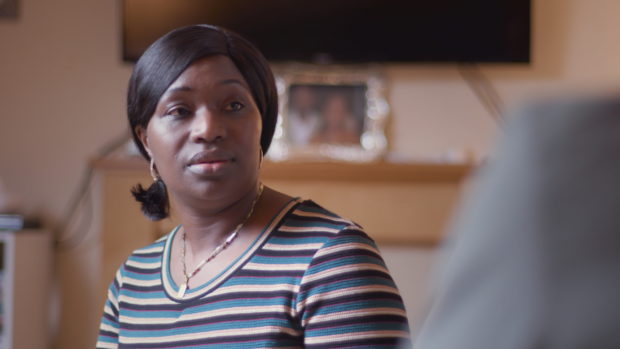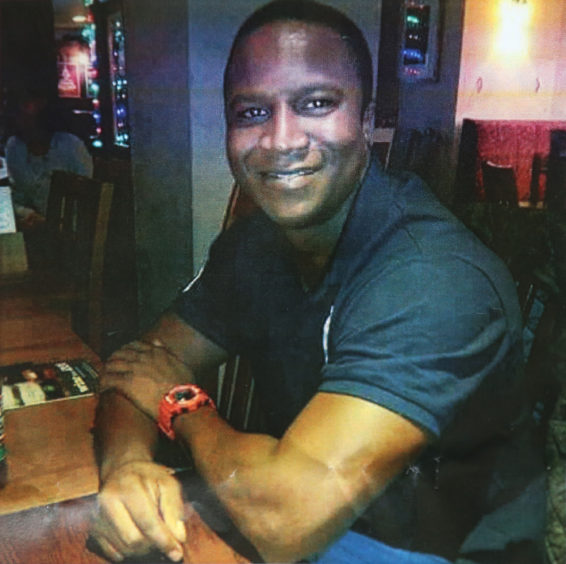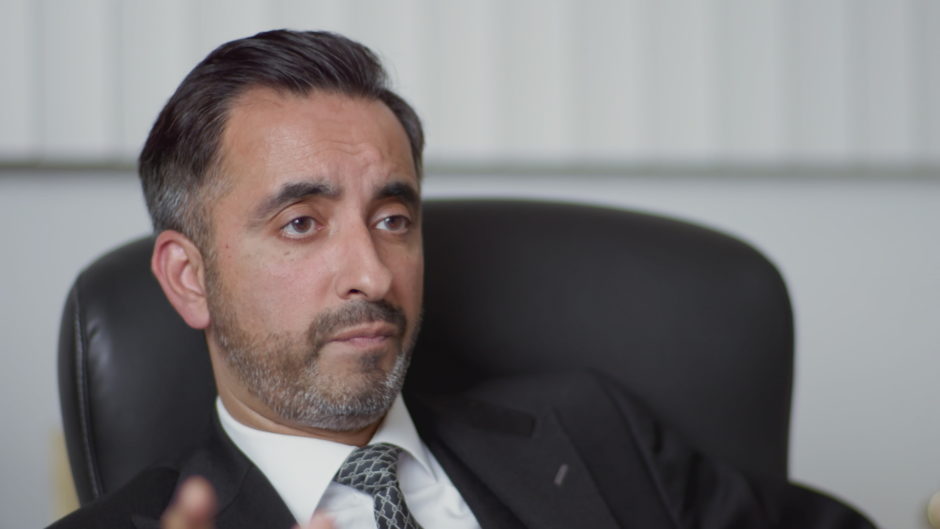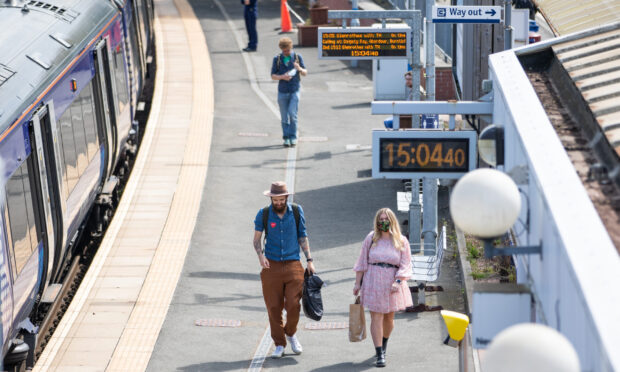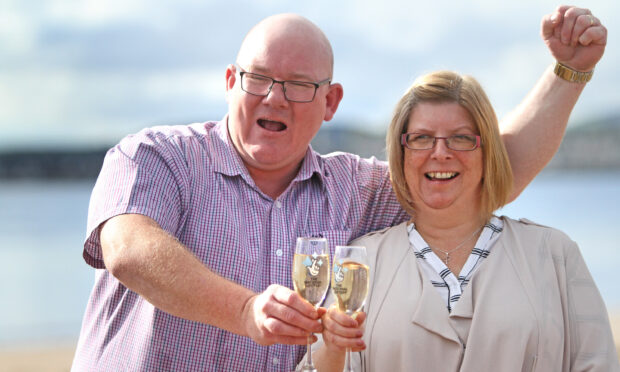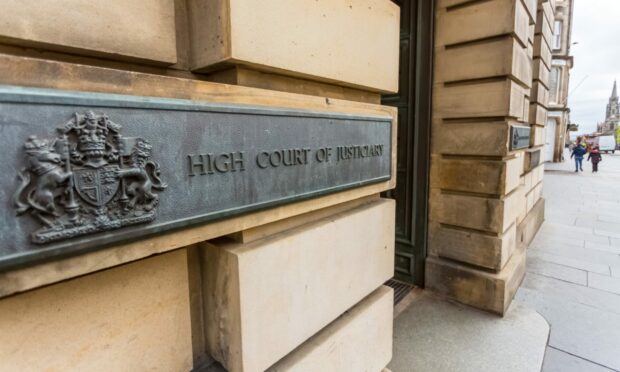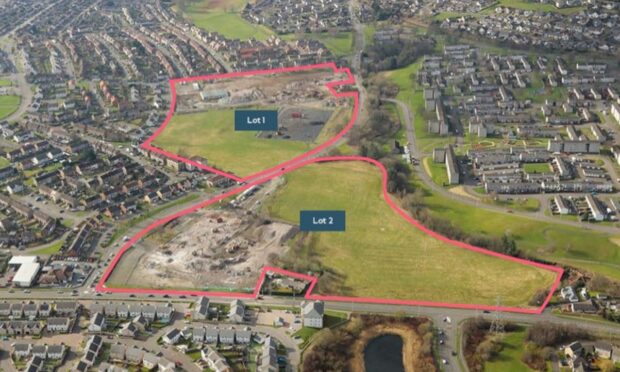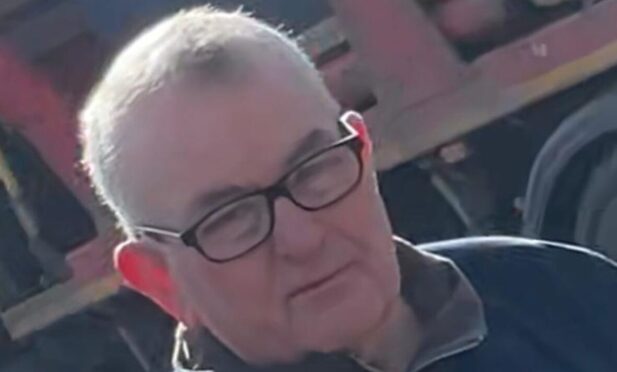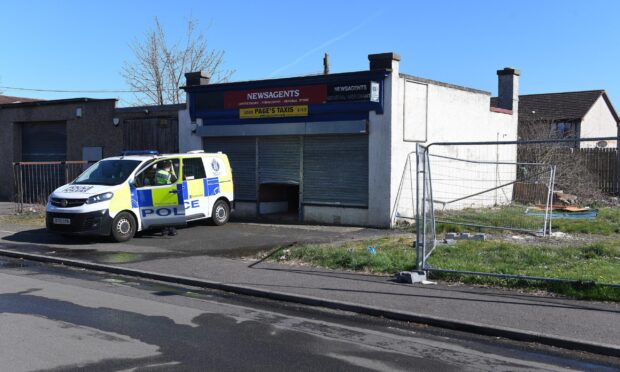Fresh questions have been raised over the way Police Scotland officers treated a Fife father of two who died in their custody.
New evidence uncovered by BBC Scotland’s Disclosure: Dead in Police Custody documentary, broadcast on Monday, lent weight to relatives’ concerns about the treatment of Sheku Bayoh, 31, who died in 2015 after being restrained by police in Kirkcaldy.
It featured CCTV, other footage and documents which cast doubt on some of the officers’ accounts of the events that led to the death.
The programme’s contents included suggestions the first officers on the scene escalated the situation instead of trying to defuse it; CCTV footage which questions officers’ claims a female officer was kicked and stamped on by Mr Bayoh; evidence Mr Bayoh’s actions were exaggerated in official police documents and claims racism may have played a role in the events.
In October Mr Bayoh’s family was told by the Lord Advocate there was not enough evidence to prosecute any of the officers involved.
The Crown office has not confirmed the decision publicly, and says the case remains open.
Mr Bayoh’s family are likely to ask for the decision to be reviewed but are now calling for a full public inquiry.
His sister, Kadi Johnson, said: “We just want to know how our brother died, that’s all.”
Mr Bayoh was restrained by six officers and lost consciousness on the night in question. He died at hospital soon after.
Days after his death, the Scottish Police Federation lawyer Peter Watson told the media “a petite female police officer was subjected to a violent and unprovoked attack by a very large man who punched, kicked and stamped on her”.
The BBC has obtained mobile phone footage of the incident, raising questions about how Mr Bayoh was restrained.
He suffered 23 separate injuries including a cracked rib, head wounds consistent with baton strikes, and petechial haemorrhages, or burst blood vessels in the eyes, which can be a sign of positional asyphyxia, or suffocation.
Family lawyer Aamer Anwar, told the BBC racism had been “the elephant in the room” in the case.
“It always has been. It was the stories, it was the pictures, it was the stereotypical images of a large black male crazed acting erratically,” he said.
Claire Baker, Labour MSP for mid Scotland and Fife, said the allegations in the programme were “shocking” and called for a public inquiry.
The Scottish Government is considering a public inquiry.
Police Scotland said it could not comment while the case remained open and offered sympathy for the Bayoh family.
The programme stated the Scottish Police Federation said it would be inappropriate to comment until all legal processes were complete and that it looked forward to the judicial process bringing an end to “innuendo and smear”.
However, following the broadcast, the SPF criticised the BBC for using only a “partial statement”.
It published a letter sent from Calum Steele, federation general secretary, to BBC Scotland Disclosure reporter Mark Daly.
It stated: “I’m afraid your questions display a comprehensive ignorance of facts, and are in many examples unequivocally false.
“It is apparent that your programme intends to broadcast fundamental inaccuracies which wholly misrepresent the realities of the events surrounding the death of Mr Bayoh.
“The Scottish Police Federation has no desire to participate in your highly partial programme.
“We look forward to the judicial process where the actual events will be heard and bring to an end the innuendo and smear in which you seek refuge.”
